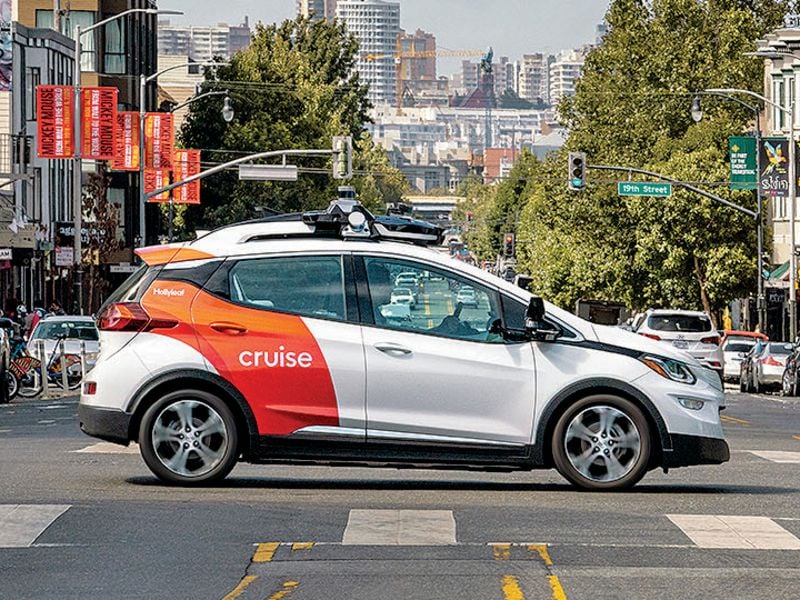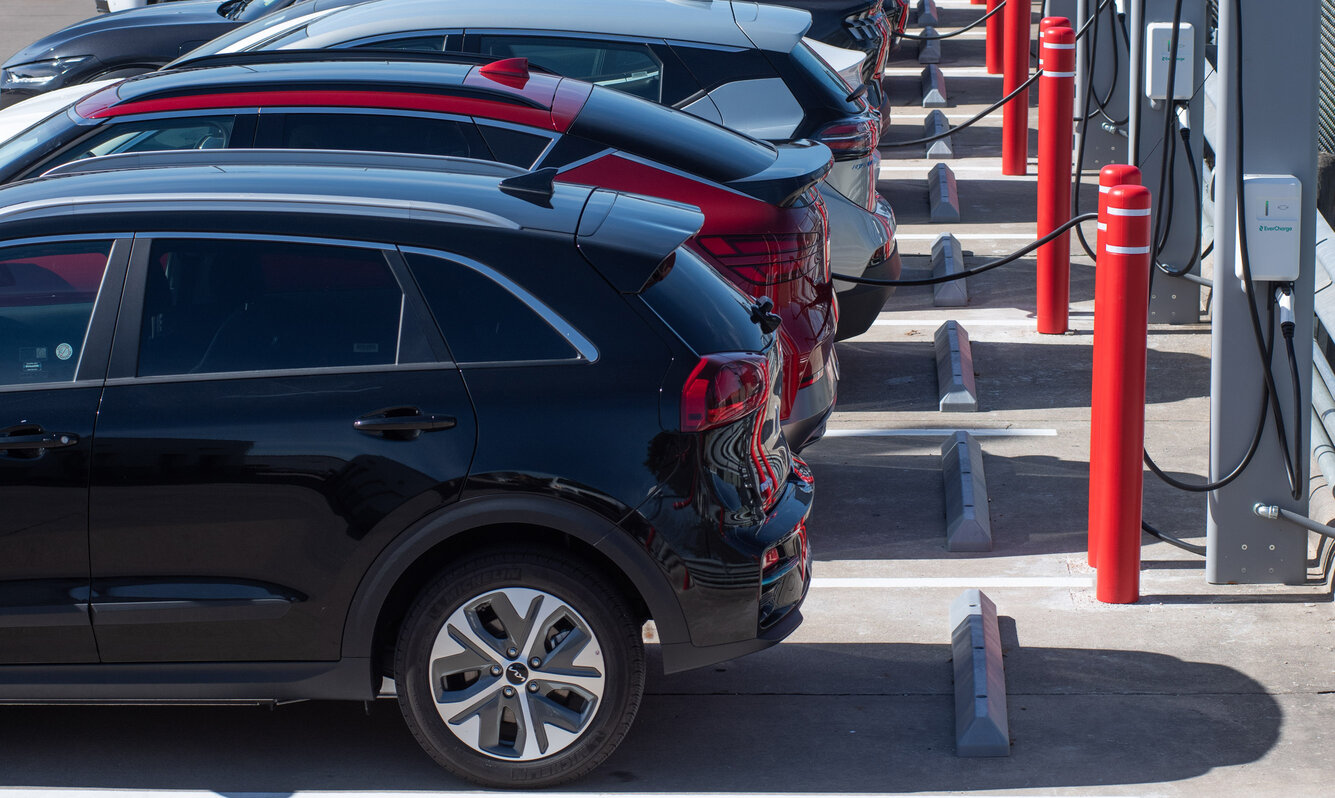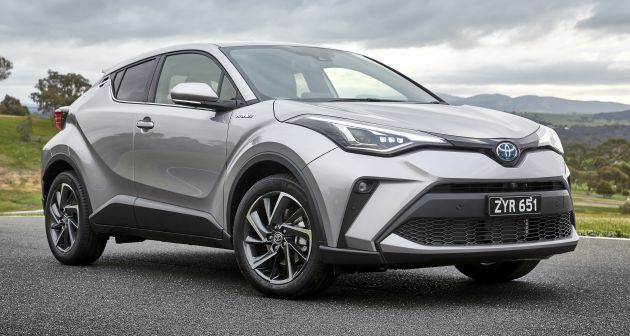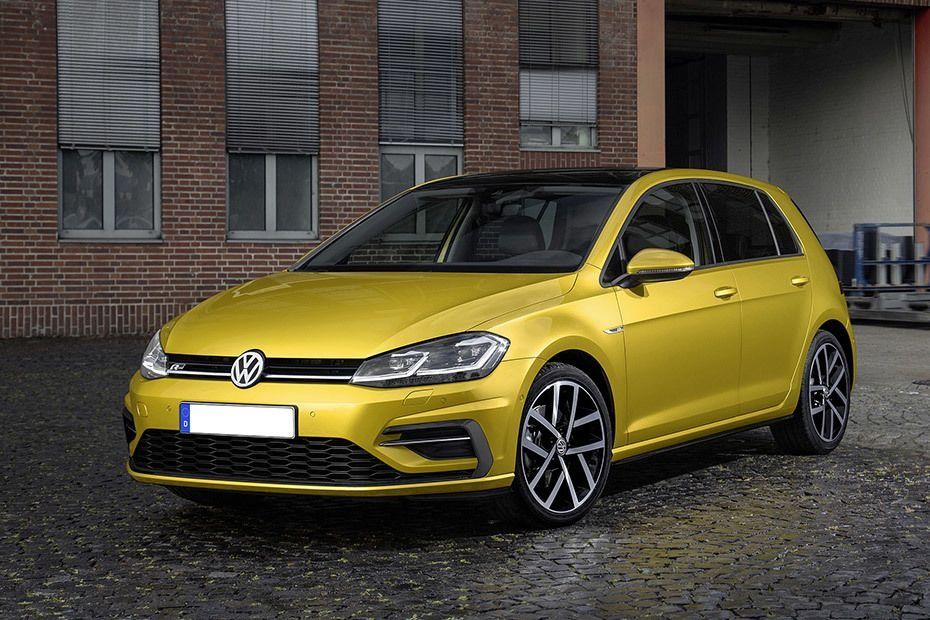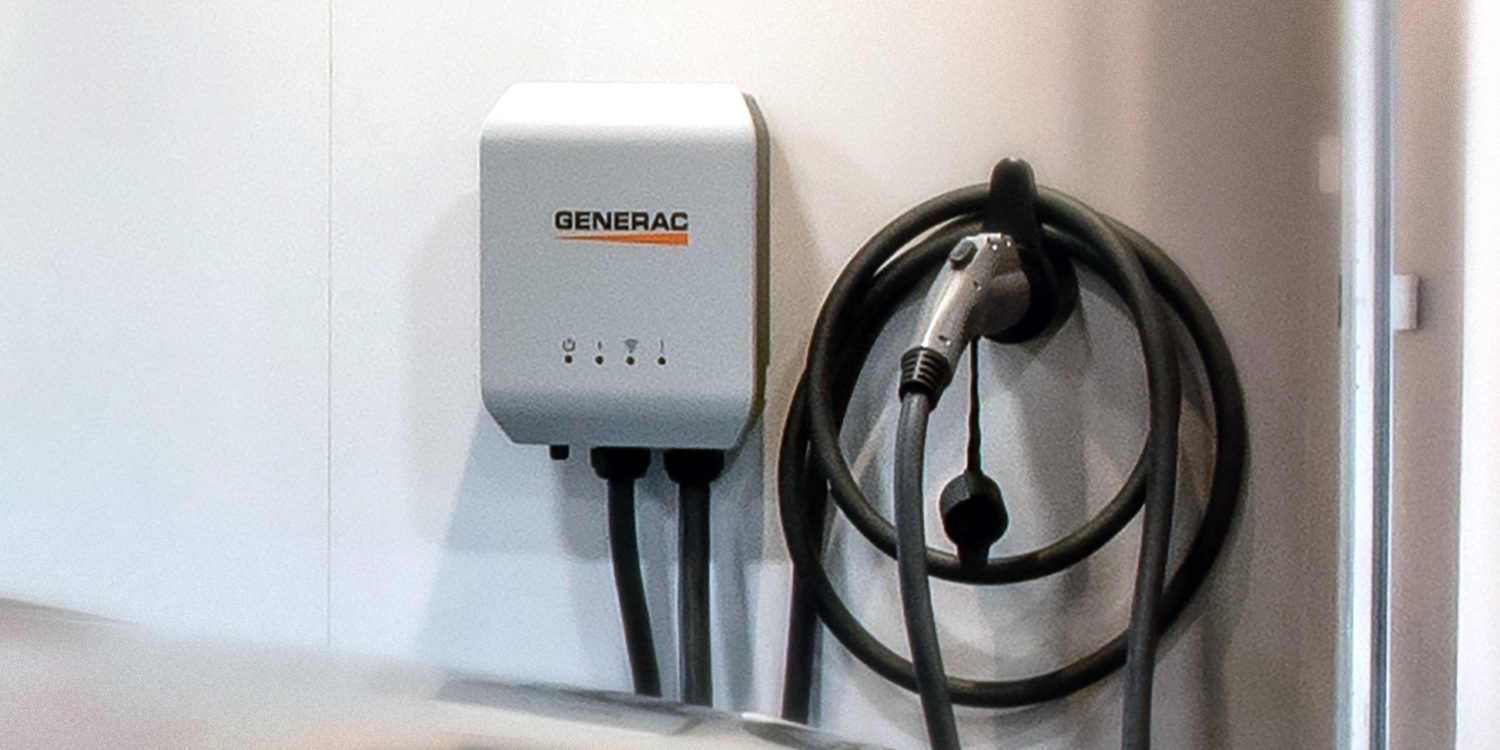Tesla recently reduced its vehicle prices in various regions including the US, Europe, Australia, and China. In some cases, the price cuts were over 30% due to increased eligibility for government subsidies and federal tax credits. The company attributed the price cuts to reduced production costs, not weaker demand.
Tesla’s aggressive price reductions, made possible by its advanced economies of scale and manufacturing efficiency, put pressure on other EV manufacturers to follow suit. Brands were forced to lower their electric vehicle prices in order to remain competitive in the market.
See also: Volkswagen and BP plan to expand their electric charging partnership to other regions
But that doesn’t apply to Volkswagen. The German giant chose not to follow Tesla’s steps in reducing the price of electric vehicles.
“We have a clear pricing strategy and rely on reliability. We trust in the strength of our products and brands. The goal is not size at any price. For me, our ambitions are about meaning and added value, about profitable growth.” said Volkswagen’s CEO Oliver Blume
Despite a 17% price cut on its best-selling Model Y SUV, Tesla faces competition from Volkswagen in the electric vehicle market. The Model Y’s starting price, now €41,370 after government subsidies, is lower than the base RWD VW ID.4 crossover which starts at €46,335 before subsidies. However, the ID.4 is smaller and has less range compared to the Model Y.
Both Elon Musk and VW are eyeing China as a major competitor in the electric vehicle market. A high-profile manager at VW states that the Chinese are building EVs in just months, compared to Europe’s years of discussion. Volkswagen recognizes the need to catch up and CEO Blume will be visiting China this week to explore ways to increase the company’s presence in the lucrative EV market there.


